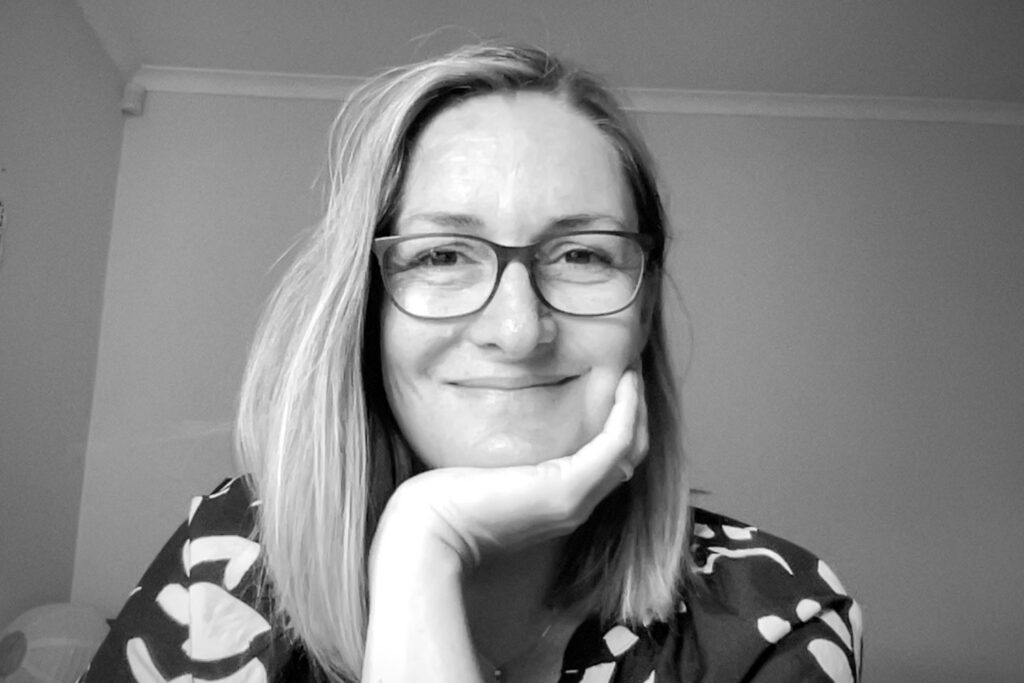Blog
The Toxicity of Offence and the Power of Indignation
- October 16, 2025
- Posted by: Jouré Rustemeyer
- Category: Neurodivergent

This post has been months in the making — possibly years. It comes from observing trends, reading research, and truly listening to people — to what they say and what they leave unsaid. I’ve noticed a group within the neurodivergent community that tends to shun help and justify inappropriate behaviour by attributing it to their diagnosis. This pattern spans a wide range of behaviour — from serious cases, seen among high-profile public figures, to everyday actions where people excuse being rude, inflexible, or consistently late without making any effort to understand the consequences of their actions or change. Over time, the tendency has shifted towards deflecting blame and taking less personal responsibility.
The shift has been gradual. It began when diagnosis started to merge with identity — moving from “I have autism” to “I am autistic.” For some, it then evolved into a sense of indignation about not having been diagnosed or supported when help was most needed. Neither of these shifts is inherently negative. Everyone has the right to choose how they identify, and no one should ever be denied support. But somewhere along the line, offence entered the picture — and with it came blame, and in some cases, bitterness.
Bitterness is a dangerous emotion. It feeds others such as entitlement, hatred, disdain, malice, etc. Bitterness has no desire to help or to be helped, only to blame. The problem with this is, there is no growth here. Nothing can grow and change and adapt and become stronger in a bitter environment. There is no compassion in bitterness, there is no understanding. Not for the person who is bitter, nor for the ones the bitterness is aimed at.
One aspect of this is that I have seen (in my opinion) an alarming trend where parents refuse to get help for their children. They see the symptoms of a diagnosis as part of their personality, something that cannot (or maybe in their opinion – should not) be changed. While there are MANY positive aspects of specific diagnoses, some could be harmful. Whether they are harmful on a physical level or emotional level makes no difference. No harm should come to children in any way, shape or form!
I have seen children (and adults) lost in a world they do not understand, with a desire to belong, lonely, cut off and isolated. These children want and need help, and some parents are refusing it. Demanding that the world adapts to their child’s behaviour, without acknowledging that adaptation should come from everybody. For adults it is the same. When asking for help they are chastised and shamed for trying to change and sometimes even shunned from their community!
As a human race, we are inherently pack animals. We need each other. So, if someone is going to be given the choice of getting the help they feel they need, or being kicked out of their community, they will probably choose the community. And a community that makes you choose, is not a healthy community. So many people choose the community for fear of becoming isolated. In extreme cases I have seen communities treat others that received the help they asked for, adapted and changed, as pariahs!
Do not misunderstand me. I have been fighting for accommodations for over 20 years! And I will never stop fighting for them. But it is unrealistic to expect people to pander to anybody. I am not saying anybody has to completely change, this has led to dangerous “interventions” and methods over the years that has done immense harm. I am saying help your child, client, student, partner, etc adapt, help them understand, help them become part of the world and communities and teach them resilience. This will not always be a comfortable process, it isn’t for anybody, but it is the surest path to the happiest possible life.
Another emotion that is absolutely rampant is offence. And it is toxic! Somewhere along the line being offended has become paramount to being heard. The more offended you are, the bigger your soap box is, and the more people hear you. I can hear you ask that if I do not get offended, how will anything change for the better? The problem is that offence does not look outward. It is a “me” emotion. It is selfish in its nature. It cares about the self, not the community as a whole. The definition of offence is a feeling of being personally hurt, insulted, or upset by something someone has said or done. The focus is on PERSONAL/PRIVATE hurt or insult. It is subjective to self. It is not objective.
Offence has had two very alarming consequences that I have seen.
1. People don’t want to be helped anymore. They want to be justified in their behaviour. They do not want to change, adapt or struggle.
2. People are too afraid to help others! This is partly because “help” has become something subjective. One person needs help and can be helped in one way, another person is offended by this type of help, and if the help is offered, lashes out terribly.
I saw this in action the other day. Thanks to a friend of mine who gave me a pedicure voucher, something I will not buy for myself, I was sitting in a salon having my feet soaked in nice warm water and being scrubbed etc. An older man walked in that obviously had a stroke at one stage as the one side of his body was not functioning at optimal level. To such a degree that his right arm and hand had visible difficulties, and he needed an ankle brace on his right leg and help walking. He just came in to have his nails cut as he cannot do it himself.
The chairs in this salon are on a step/platform so that the people who are doing the work is a bit lower so they don’t have to bend down and hurt themselves. The problem with this was, that the man could not step up. He couldn’t step up using his right foot first as it would not take his weight when he steps on that leg only to get his left leg up. He couldn’t do it the other way round either for the same reason. He really needed help, and let it be known that he needed help, and everybody just sat there looking at him. There was a staff lady trying to help him, but she literally weighed about as much as his calf as she was so tiny she couldn’t help! Not a single other person offered to help, and the place was packed! Of course, I ended up asking for a towel so I may dry my feet and I helped him up.
I sat there thinking how strange it was that everybody just sat and stared. I remembered an incident of when I was younger, over 25 years ago, when an older gentlemen fell and 4 people rushed to his aid to help him up. I remember people standing up (not lashing out) verbally for others, being loyal to friends and the human race in general. Now, people just look on. I also remembered seeing people angry, especially online, about people trying to help. If people get slapped down for helping, there is only so many times they will offer to help before they give up. This is a truly sad state of affairs.
We don’t need more offence. What we need more of is indignation! The definition of indignation is a feeling of anger or annoyance caused by something you believe is unfair, unjust, or morally wrong. It’s about moral outrage, not personal hurt. It is public, principled, and moral – anger on behalf of fairness and values. Yes, the two can be confused sometimes, definitions have become “liquid”. So, to try and explain the difference a bit better:
If you could replace the feeling with “hurt,” it’s offence.
If you could replace it with “outrage,” it’s indignation.
And we need more outrage. Outrage when an event does not have even the basic accommodations for neurodivergent people. Outrage for when the vulnerable are overlooked, misused, abused or neglected. Outrage when “help” is only available for the select few. Outrage when, in rare cases, a diagnosis is abused to escape responsibility for actions that caused others harm (especially when the diagnosis may not even be present). Outrage that companies refuse to meet their staff’s needs, not wants, needs. Outrage when people are discriminated against. Outrage that when people ask for help, they are sneered at (within the neurodivergent community because “don’t change who you are”, as well as by the neurotypical community because “I don’t have time for you, only me”.
I realise that this post may make some people angry and offend others. Especially due to its two-dimensional nature. You are not seeing or hearing me. You are just reading my words. This is not my intent. There is a reason my business has the word “Help” in it. I want to HELP people be happy! I want to see people reach their full potential in environments that help them do just that!
So, I am always available to help. If you don’t want anybody to know you are asking for help, know that your secret is safe with me. Know that you and your heart with its desires, needs and dreams, are always safe with me.
About Jouré:
Jouré Rustemeyer is an educator and founder of Help My Child, specialising in neurodiversity and inclusive practice. With over 20 years of experience, she develops internationally accredited courses that help professionals understand and support neurodivergent individuals. Jouré also works with people one-to-one, helping them overcome barriers and reach their absolute best self.
To book a one-to-one session, follow this link: https://preply.com/en/tutor/6935961

